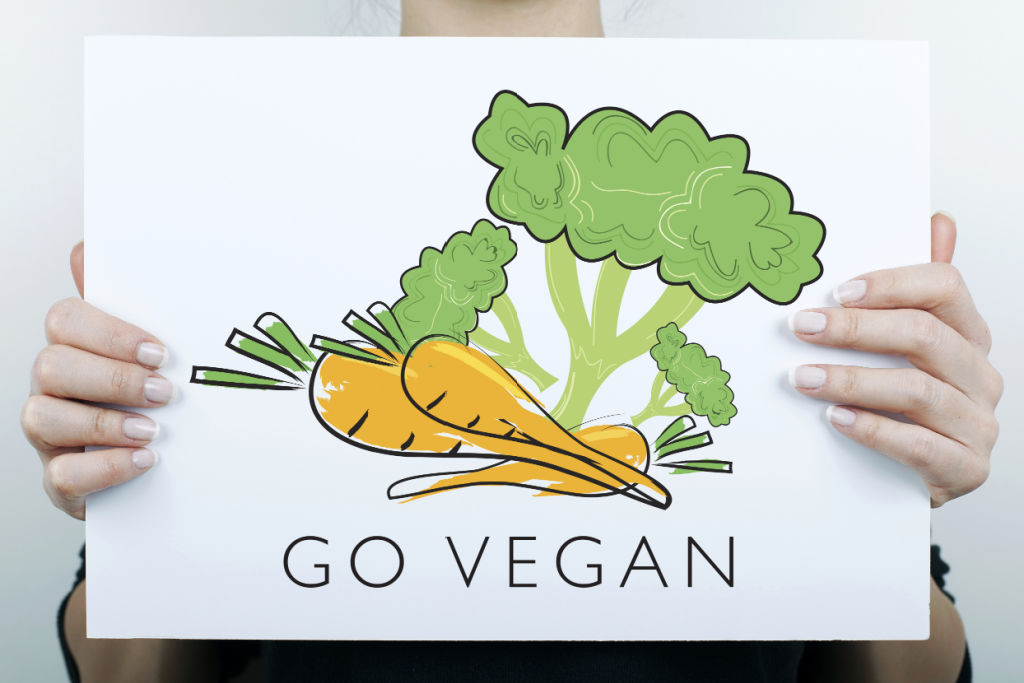If you are not sure whether going Vegan is the right choice for you, keep reading. I’m going to share with you 5 of the most compelling reasons to go Vegan. First, animals have the right to life. Second, it reduces your chances of diabetes and heart disease. Third, there are countless alternatives to animal products. You’ll also learn about the benefits of going vegan and the many ways that you can get started on your new diet.
Animals have a right to life
One of the central questions in the animal rights debate is whether or not animals have the same right to life as humans. The definition of an animal is a complex one, with no hard-and-fast boundaries. In fact, there are many gradients and sub-divisions. A jellyfish would fall along one end of the neurobiological spectrum, while a pet cat would fall on the other end. These differences complicate the debate but are unavoidable.
In principle, killing animals is immoral, but killing them is still a practical choice. In most cases, human activities involving killing animals involve some kind of cruelty, such as meat production and hunting. While the principle of animal rights may be valid, killing animals without pain is still against moral prohibition. This includes the practice of scientific research. Although animal rights are stronger than human rights, the prohibition on cruelty does not extend to painless killing.
Reduced risk of heart disease
Researchers have shown that eating a vegan diet reduces the risk of cardiovascular disease. Eating a vegan diet has been associated with a reduced risk of coronary heart disease by approximately 40 percent. A vegan diet contains no meat, fish, poultry, eggs, or dairy products, which reduces the dietary cholesterol, sodium, and calories found in these types of foods. Several studies have shown that a vegan diet may reduce the risk of cardiovascular disease by reducing LDL cholesterol, high blood pressure, and other risk factors associated with heart disease. According to the American Heart Association, more than 60 percent of African-American men aged 20 and older are at risk of heart disease.

The study participants were already motivated to make this change, so the study was designed to provide guidance and support. Eating a plant-based diet does involve a certain level of restriction, so it may be difficult for some people to stick to it. However, study participants were provided with information on suitable recipes, how to read labels and nutritional requirements. This information helped them make the transition easier and more enjoyable. The reduced risk of heart disease in this population is yet another reason to follow a vegan diet.
Less chance of developing diabetes
In a recent meta-analysis, researchers analyzed 14 studies published in 13 different papers. Of the studies, two involved cohorts, while the other 12 were cross-sectional. The results showed a decreased risk of diabetes in vegetarians compared to omnivores. A vegan’s risk of developing diabetes was 27% lower than an omnivore’s. This result is somewhat surprising considering that most shop-bought products contain animal ingredients.

A study conducted on 8401 adult Seventh-Day Adventists without diabetes at baseline found that vegans and Lacto-ovo vegetarians had a 49% lower risk of developing type 2 diabetes. However, the researchers did not control for other factors such as race, age, or family history. The study also did not account for differences in physical activity, ethnicity, or body weight. For these reasons, the study cannot be generalized to all people.
Alternatives to animal products
If you’re a vegan, or you’re interested in changing your diet to be more environmentally friendly, you may want to look into plant-based meat substitutes. They can be more satisfying than the traditional animal-based alternatives, and they’re much healthier for the planet. These plant-based meat alternatives have a wide range of health benefits, but more research is needed to improve them. Today’s Dietitian discusses the benefits and limitations of the various plant-based meat substitutes, including whether they’re healthful or not.

Many meat substitutes can be based on centuries-old recipes. They may be made from soy, rice, yam flour, or fungus, and have a similar taste and texture. Many people opt to eat a meat substitute for several reasons, including environmental concerns and personal beliefs. Others, however, do so for health reasons. Meat may cause digestive symptoms. Red meat is known to increase the risk of diverticulitis.

